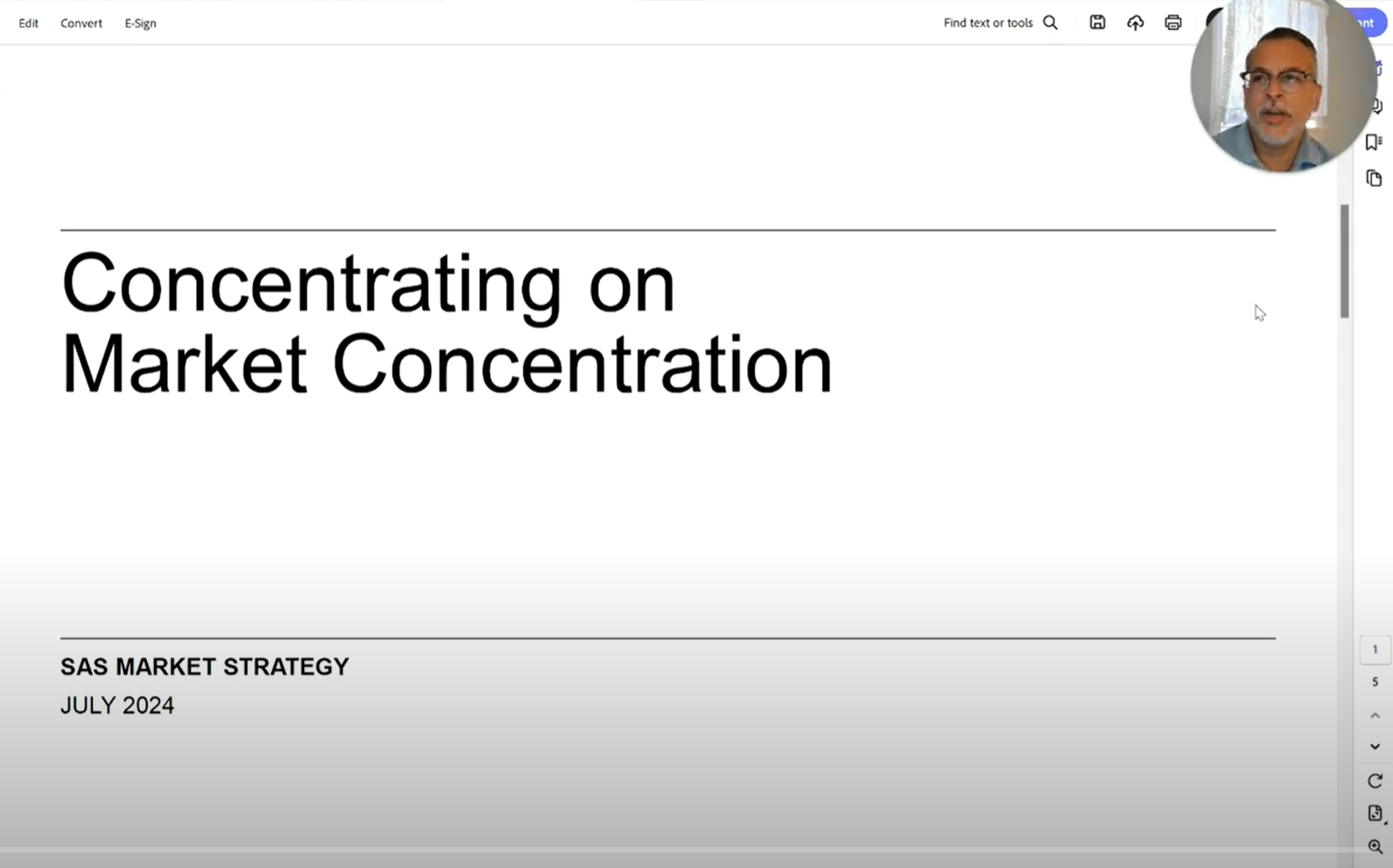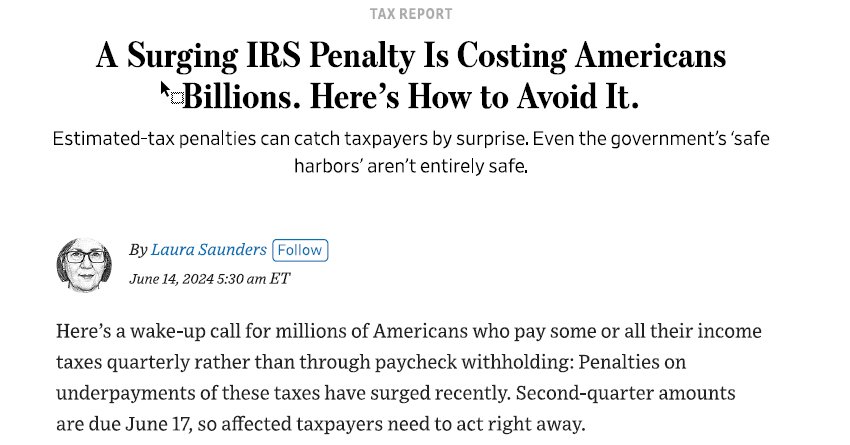Seth is back with another installment of “What’s New(s)?” highlighting the topics that he’s following closely which might have an impact on you, as well as some others that he thinks you might find interesting or fun.
Included in the Omnibus spending bill that the Senate passed earlier this month was the SECURE Act 2.0 which includes a number of changes to the retirement planning landscape. Simplification was clearly not a goal with SECURE Act 2.0 – funding retirement accounts just got much more complicated! Some of the most notable provisions included in the bill are:
The RMD age is increased again – it will be 73 starting on Jan 1, 2023 and will increase to 75 starting on Jan 1, 2033.
IRA catch-up contributions (currently $1k/person for those over age 50) will be indexed for inflation starting Jan 1, 2024.
The IRS will allow tax/penalty-free rollovers from a 529 Plan to the beneficiary’s Roth IRA. The rollover would be permitted up to $35k over a lifetime and are subject to annual contribuiton limits ($6,500 in 2023) – there will be no income phaseouts. The 529 must have been open for 15 years to get the benefit of this.
-
- NOTE – this will be a fantastic strategy for over-funded 529 Plans
-
The maximum Qualified Charitable Contribution (QCD) amount will increase to $200k beginning in 2023 and will be adjusted for inflation thereafter.
Catch-up contributions to employer sponsored retirement plans ($7,500 for 2022 in many cases) will increase for those age 60-63 to the greater of $10k or 50% more than the regular catch-up amount. This change will start in 2025 and will be indexed for inflation after 2025.
Allows employees to receive matching contributions on their employer qualified retirement plan for payments made against student loans – basically treating student loan payments as elective deferrals eligible for an employer match. This change will start Jan 1, 2024.
Withdrawals will be permitted up to $1,000/year from a retirement account for certain emergency expenses. No penalty will be imposed, but the ordinary income tax will still apply. Additionally, penalty-free withdrawals up to the lesser of $10k or 50% of the participant’s account will be allowed in cases of domestic abuse. The taxpayer will have the option to repay the distribution wthin 3 years in both cases and both of these changes will start Jan 1, 2024.
- A number of other changes were also included in the bill – including Roth SEPs and SIMPLE IRAs, nonelective Roth contributions from the employer (employer contributions used to be only pre-tax), and mandatory Roths for catch-up contributions if wages are above a certain threshold.
Burton Malkiel, author of “A Random Walk Down Wall Street”, is still a believer in indexing. Malkiel wrote the famed investing book in 1973 and at the time called for a no-load, minimum-management-fee mutual fund that simply replicates the broad stock-market. Almost 50 years later he’s affirming his view in a WSJ article and he will also be publishing a 50th anniversary edition of the book in January 2023.
During difficult times in the market it helps to look on the bright side. Financial Times published an article “How to be bullish… in a world of bears” that’s worth a read.
Forecasting corporate earnings successfully doesn’t mean anything as it relates to predicting where the market will be per this WSJ article. Last year analysts from Goldman Sachs, JPM, and Citigroup were all spot-on in estimating corporate earnings for S&P 500 companies – yet not one of them anticipated the bear market in stocks and bonds. In fact, JPM, Goldman and Citi were all bullish heading into the year expecting the S&P 500 to hit 5100, 5050, and 4900 respectively. As the article highlights, these are the perils of forecasting the market – “you can be exactly right and dead wrong at the same time”.
Question 1 on the Massachusetts ballot, also known as The Fair Share Amendment (or the Millionaires Tax), has officially passed albeit by a narrow margin. What this means is that starting on Jan 1, 2023 all income in excess of $1MM will be subject to a 4% surtax. Those who have income below $1MM will continue to pay a flat 5% to MA on most income (short-term capital gains are taxable at 12% in MA up to $1MM and now STCG over $1MM will be taxable at 16%).
The Milken Institute published The Prosperity Index – a study ranking all US States on 11 social factors (some of which include health, education, business environment, personal freedom, safety, and more). Massachusetts ranks at the top of the list and three out of the top 5 states are in the Northeast (Massachusetts, Connecticut, and New Hampshire).














